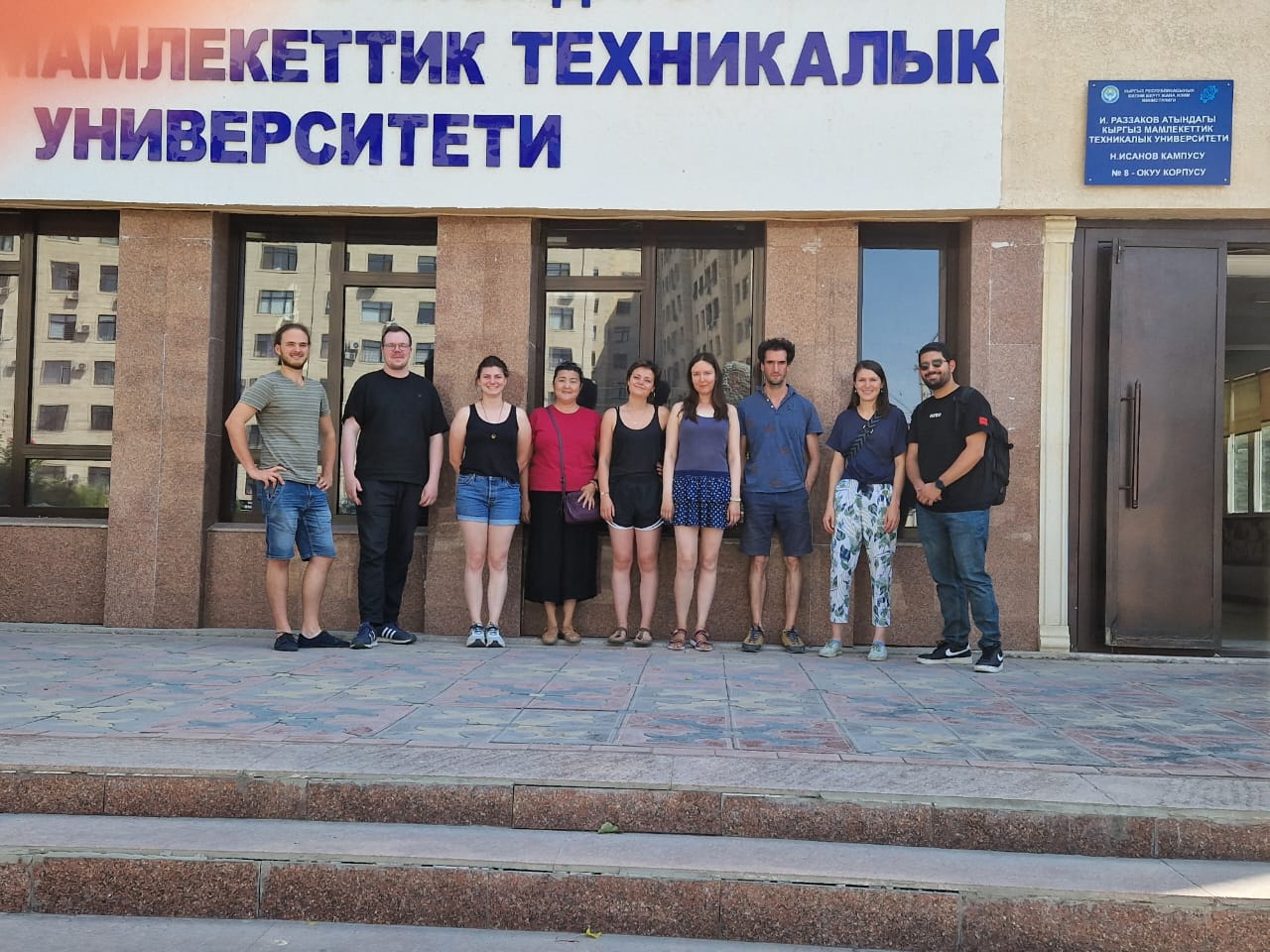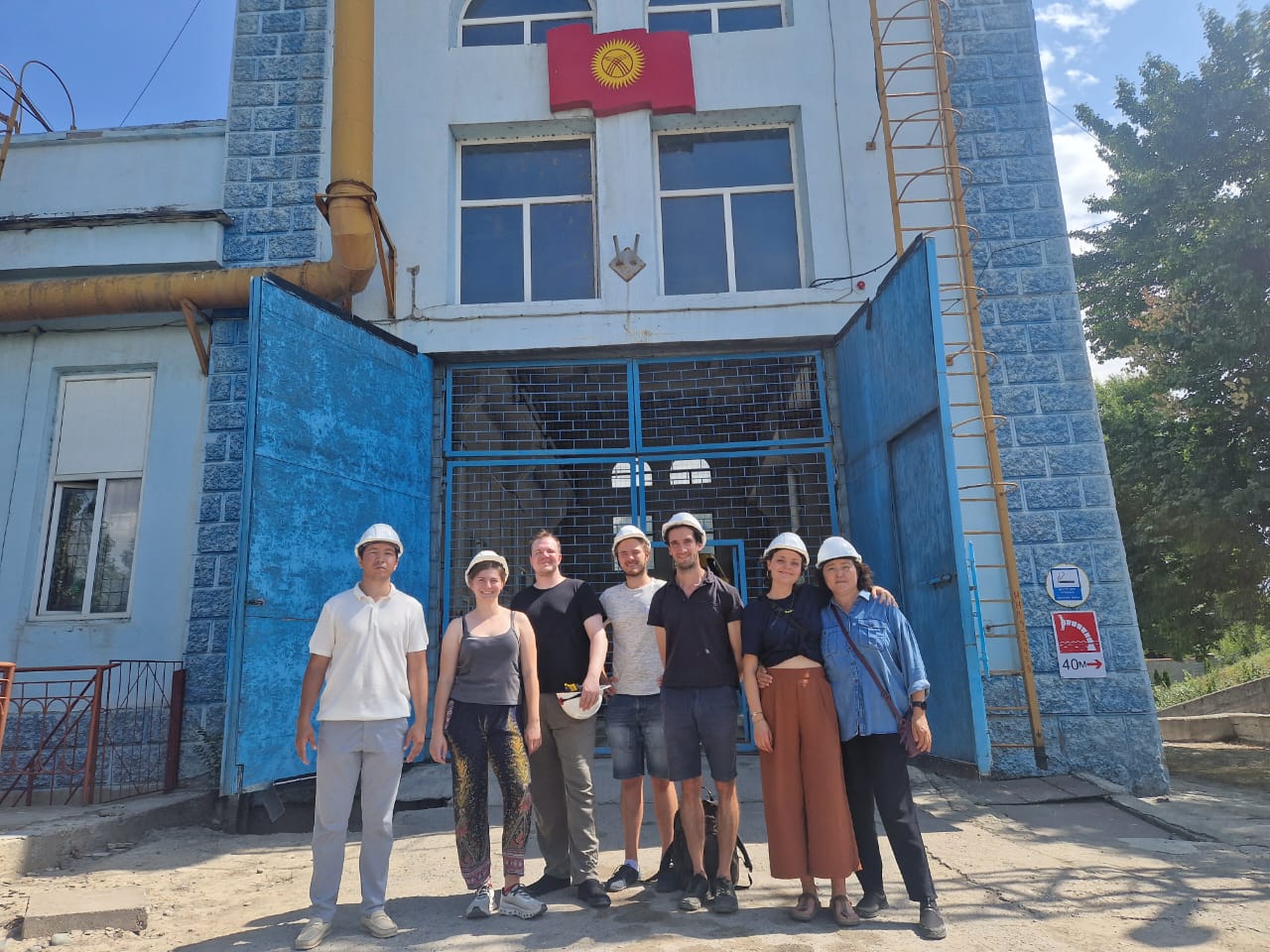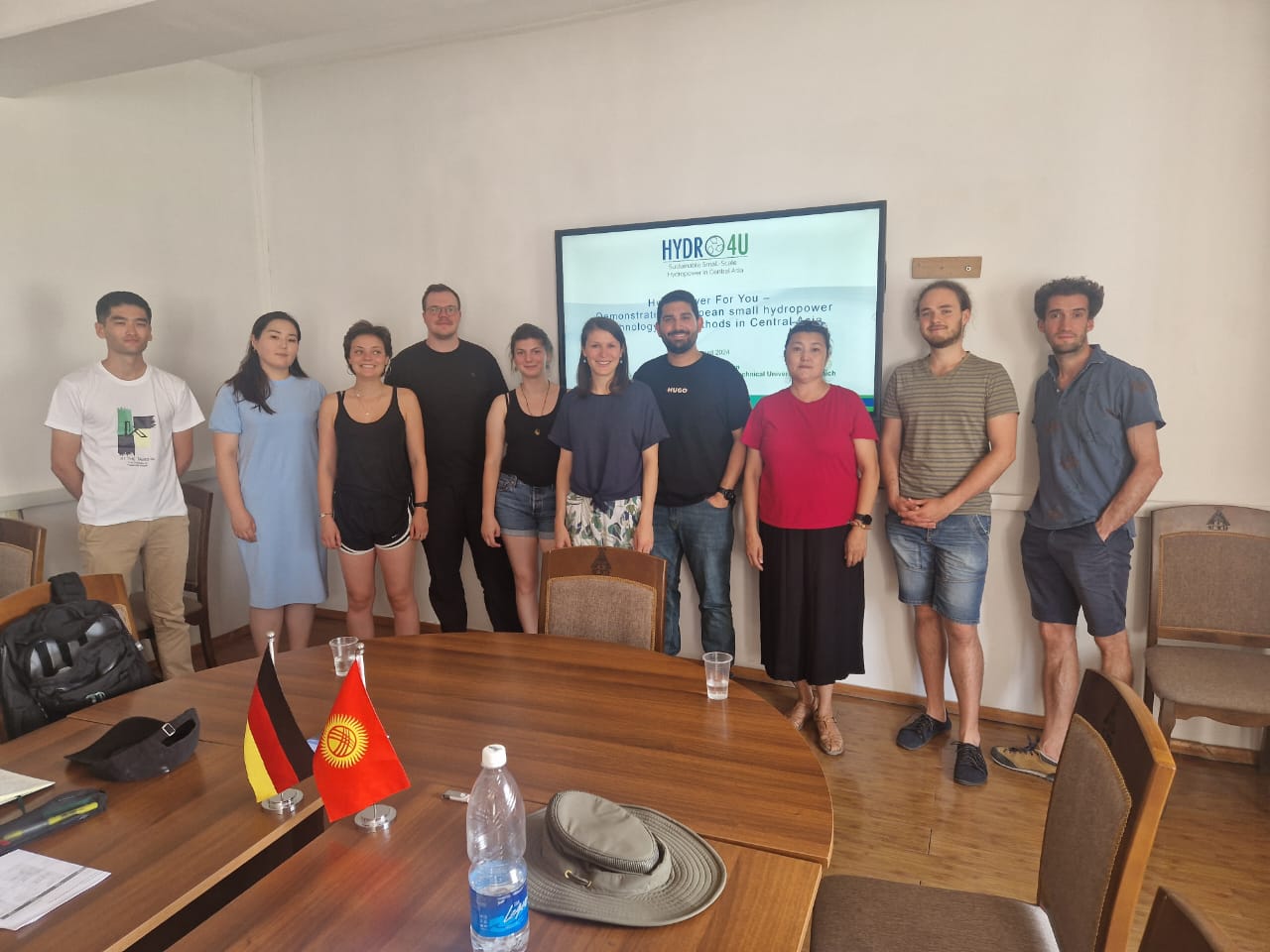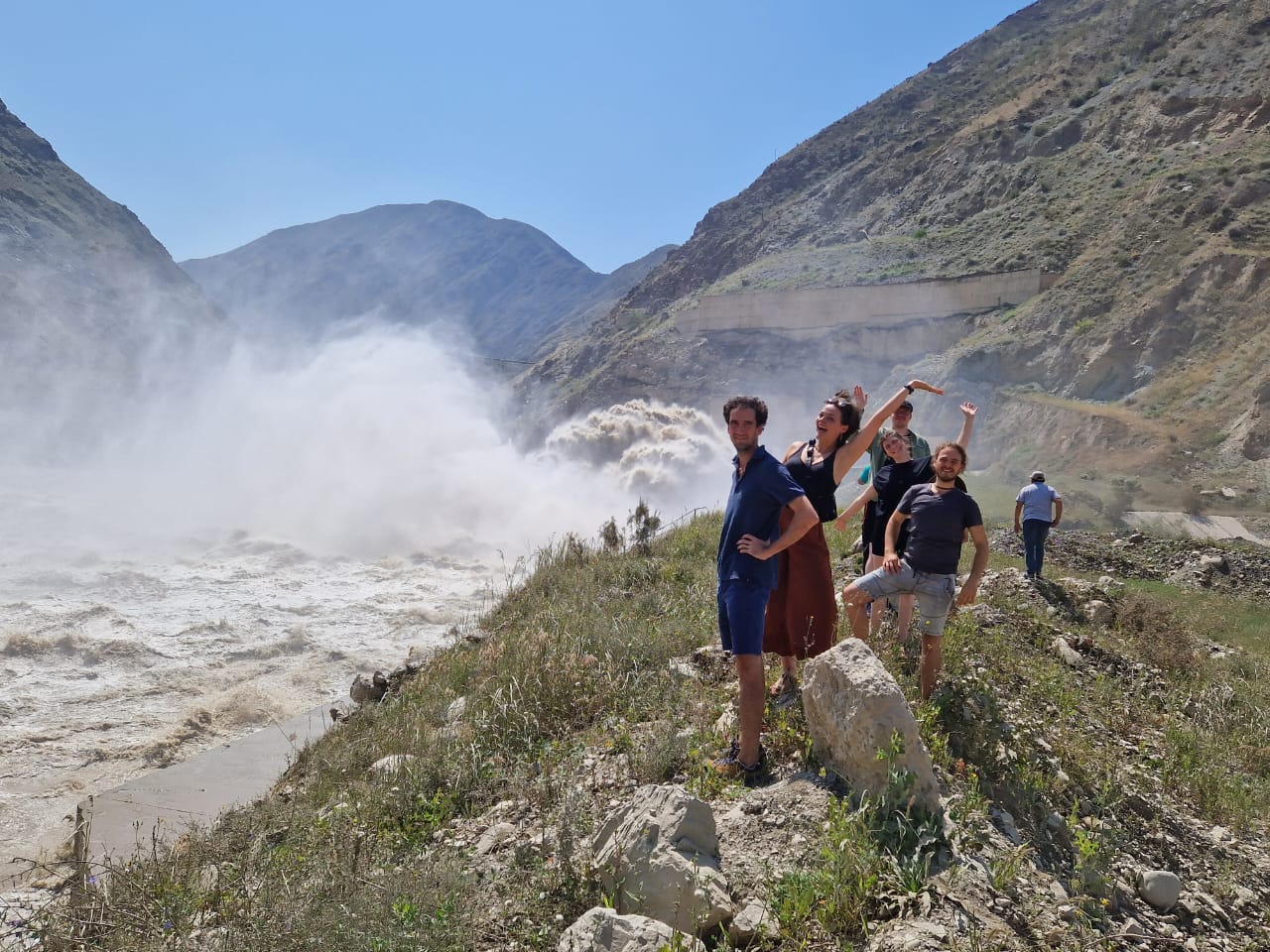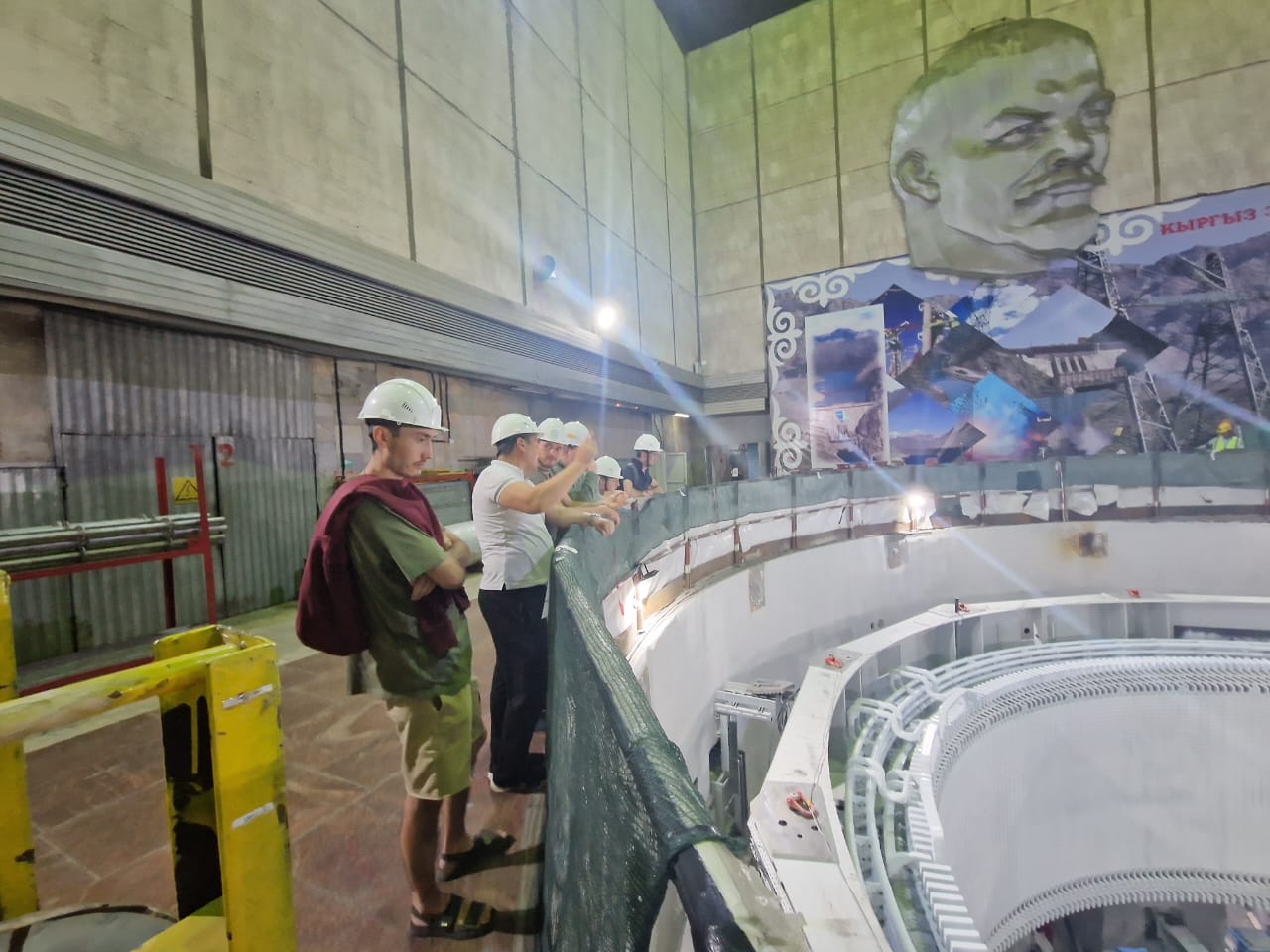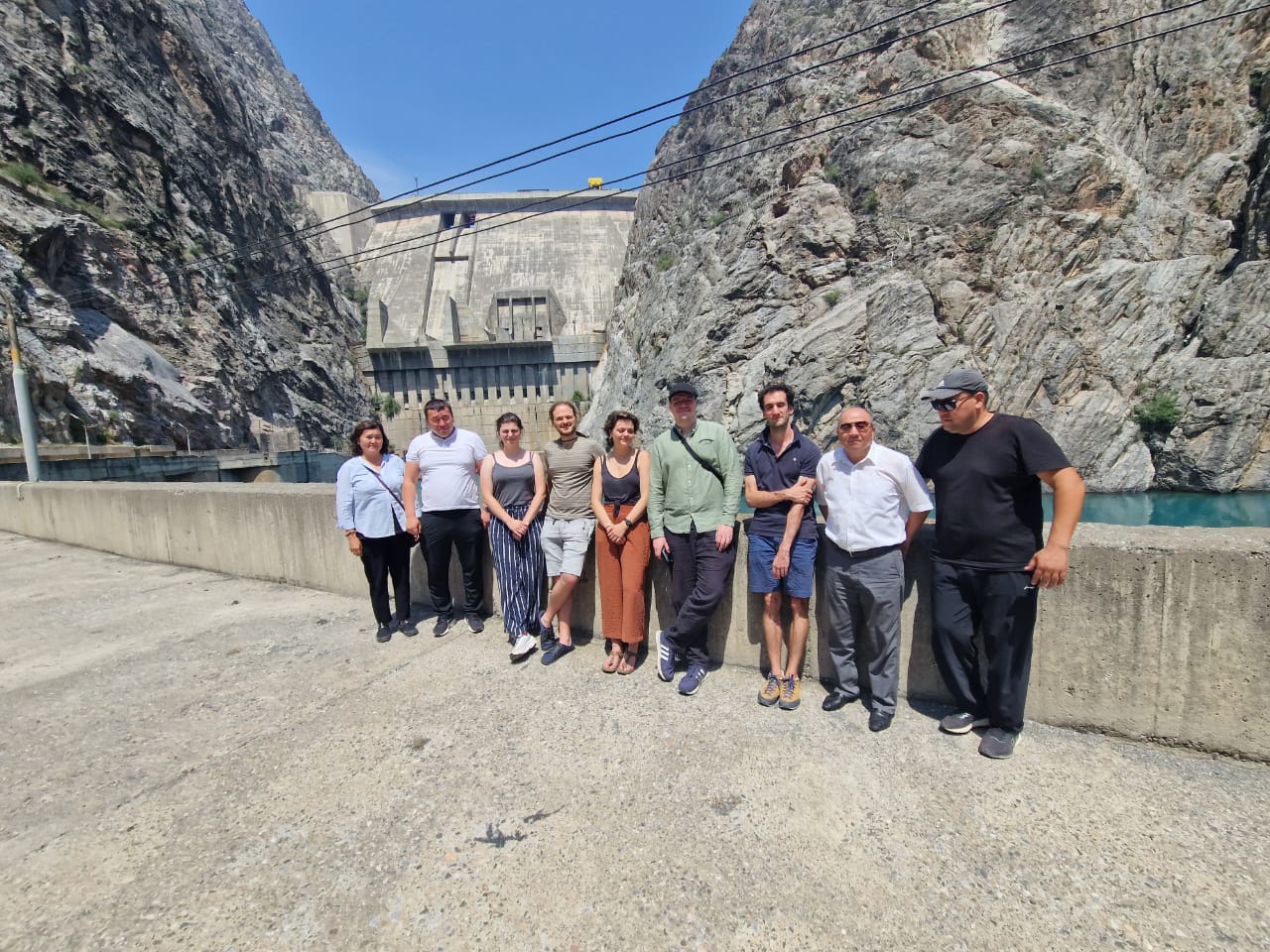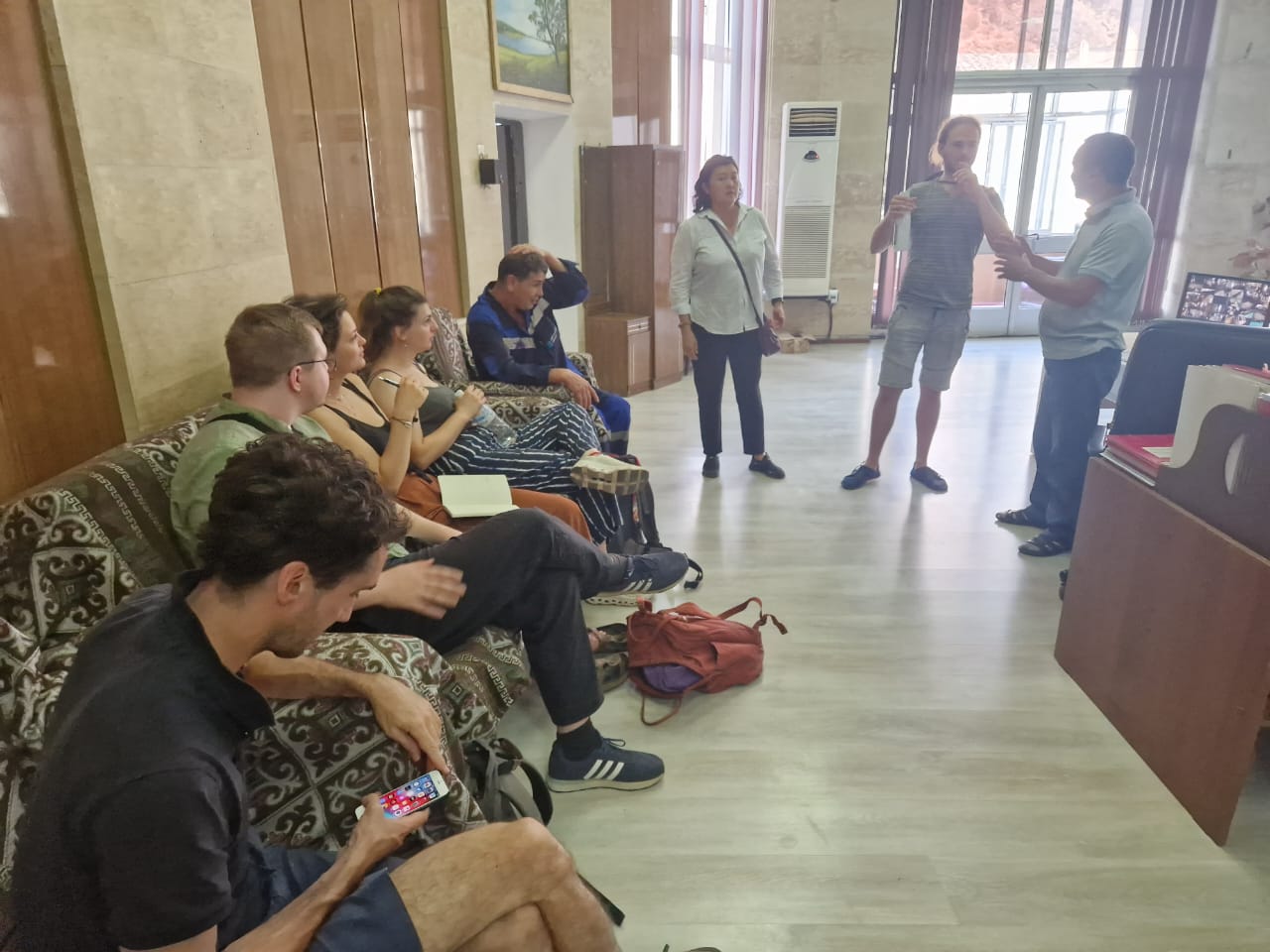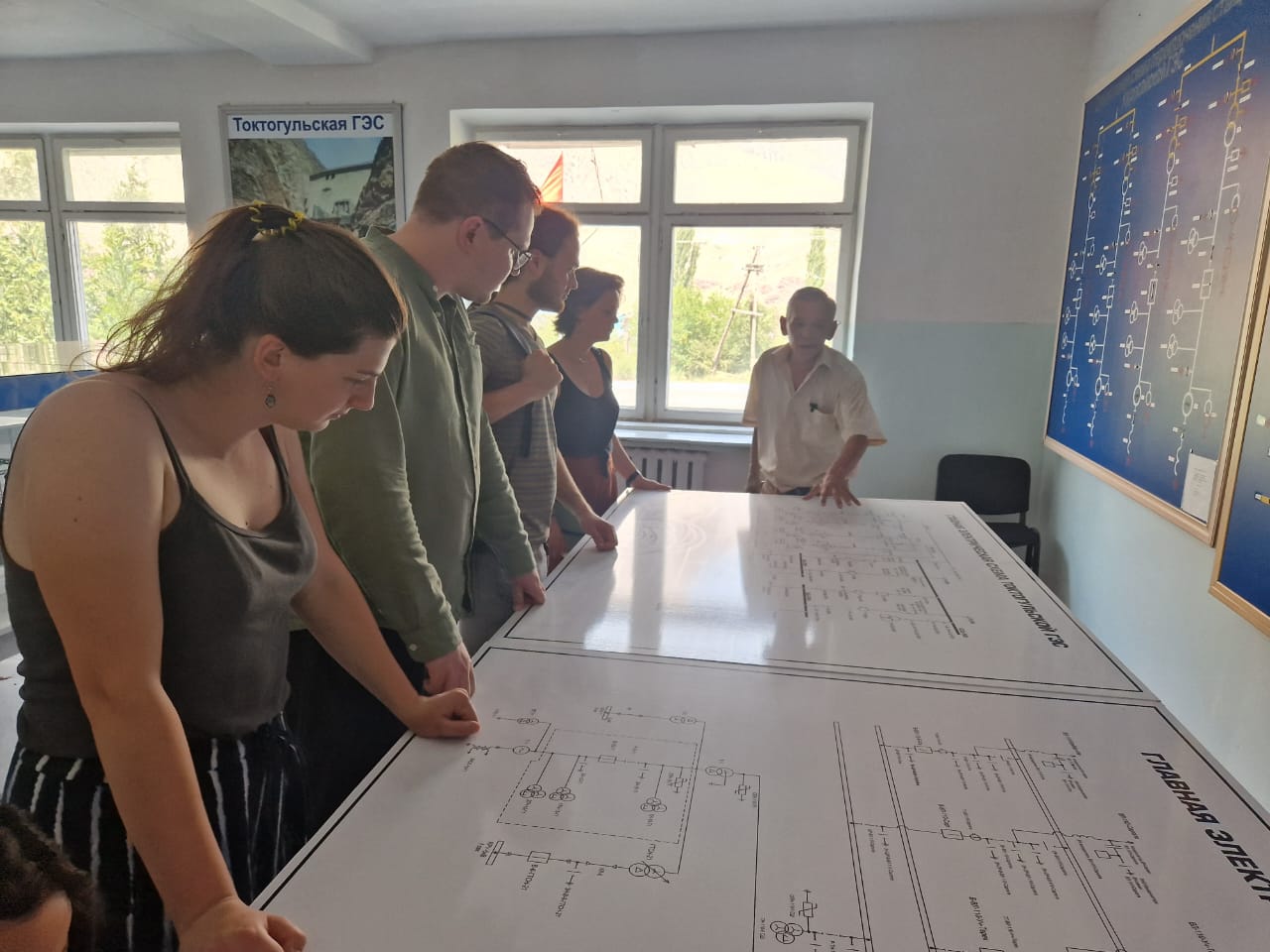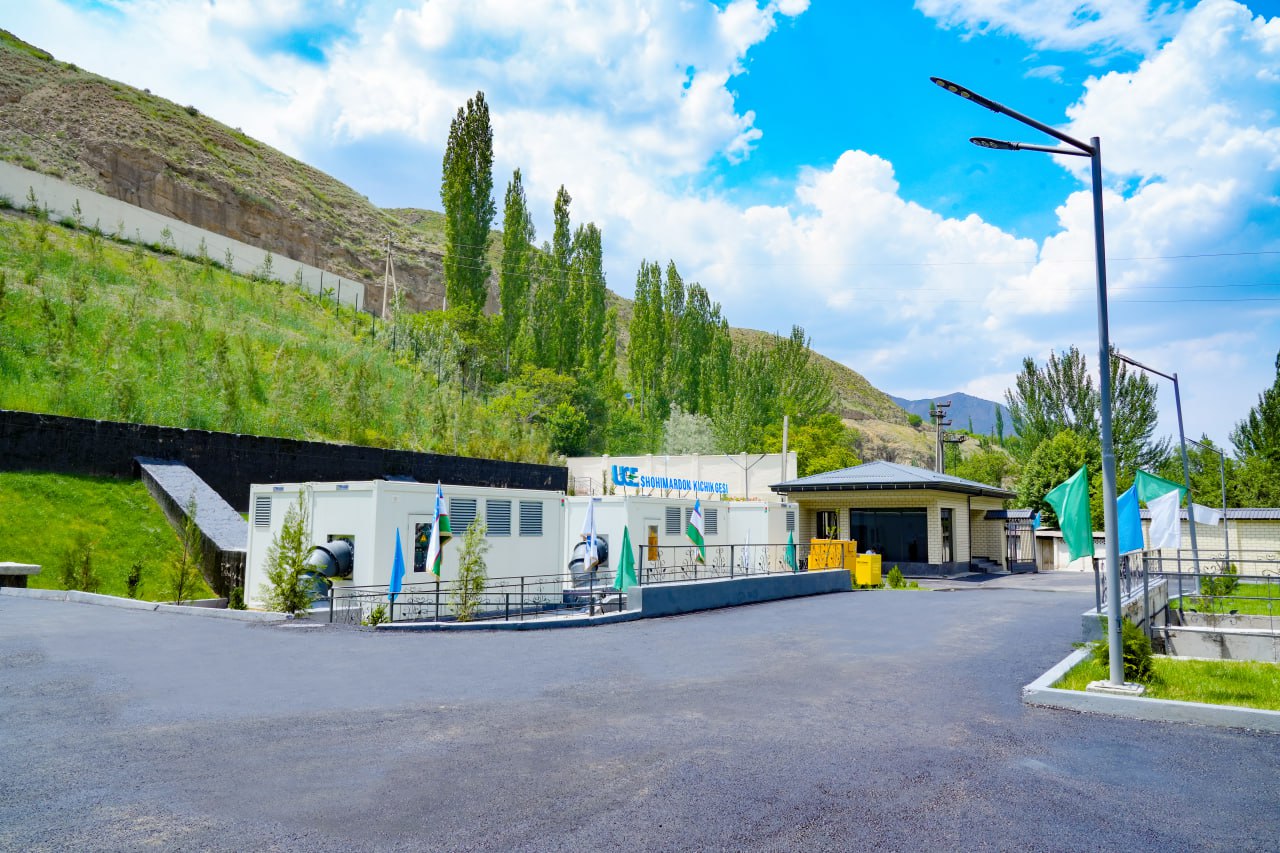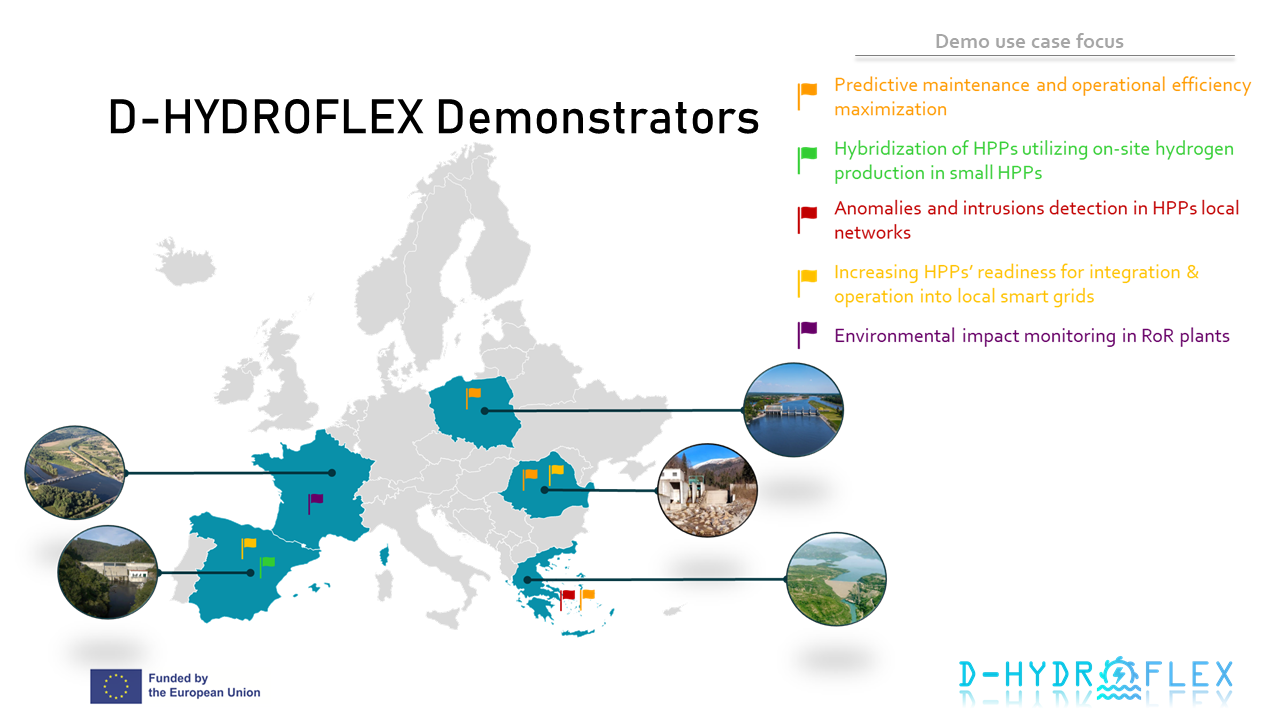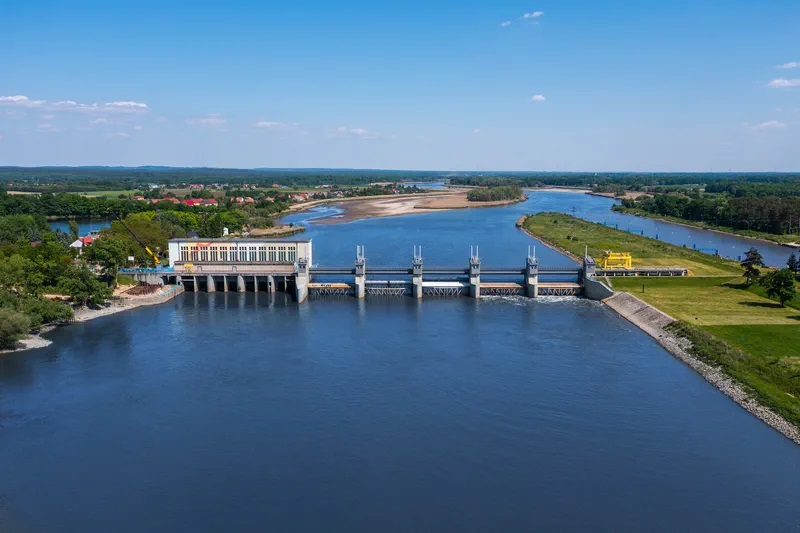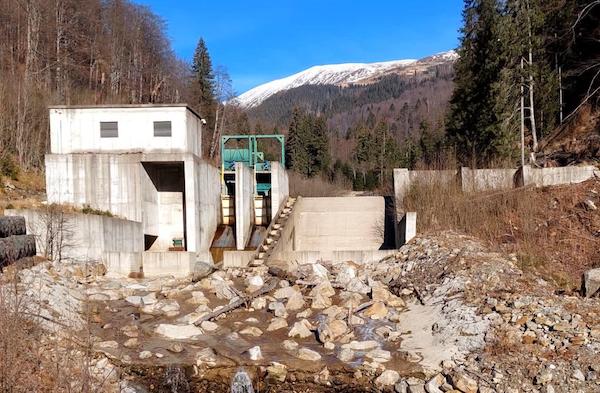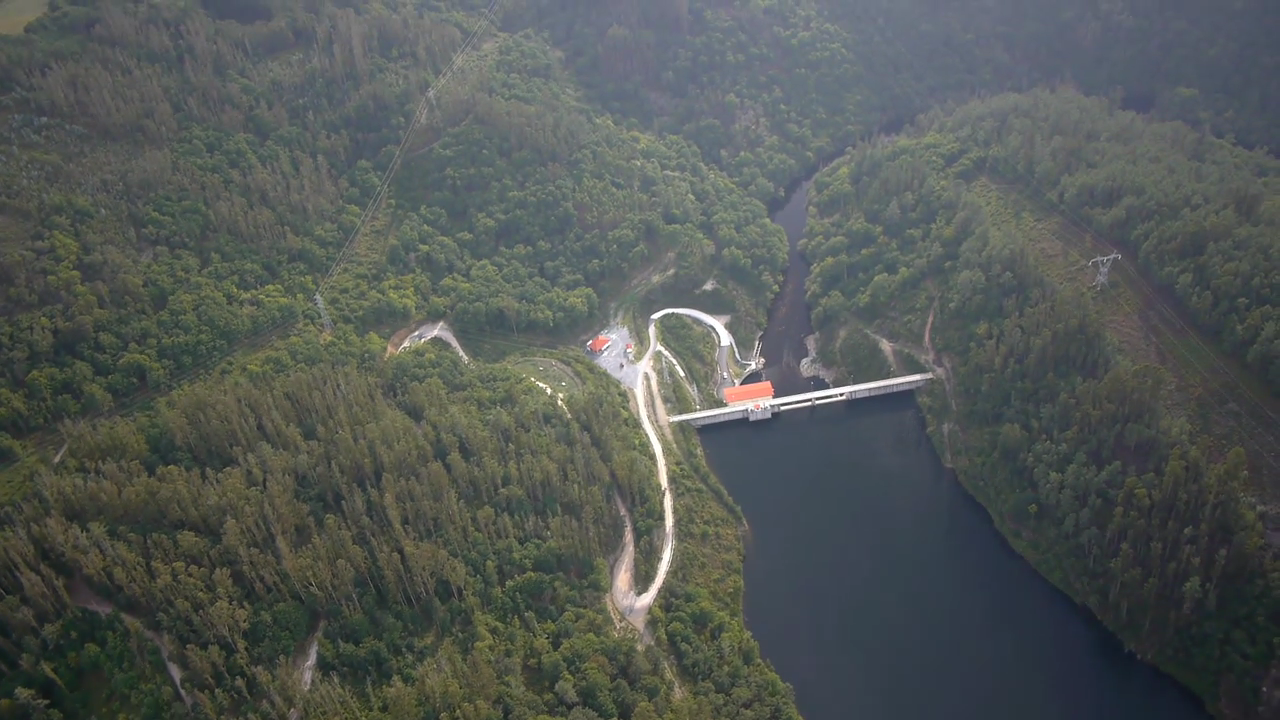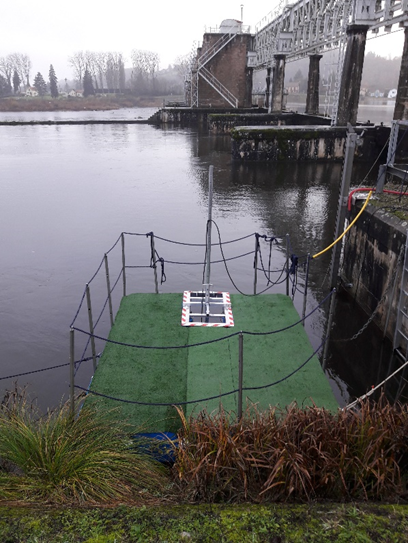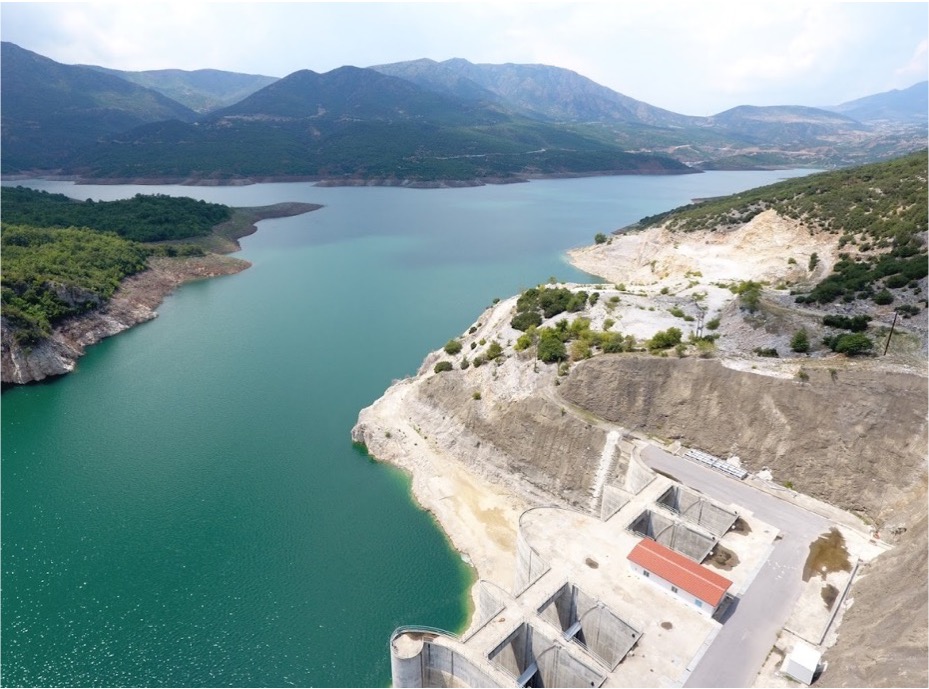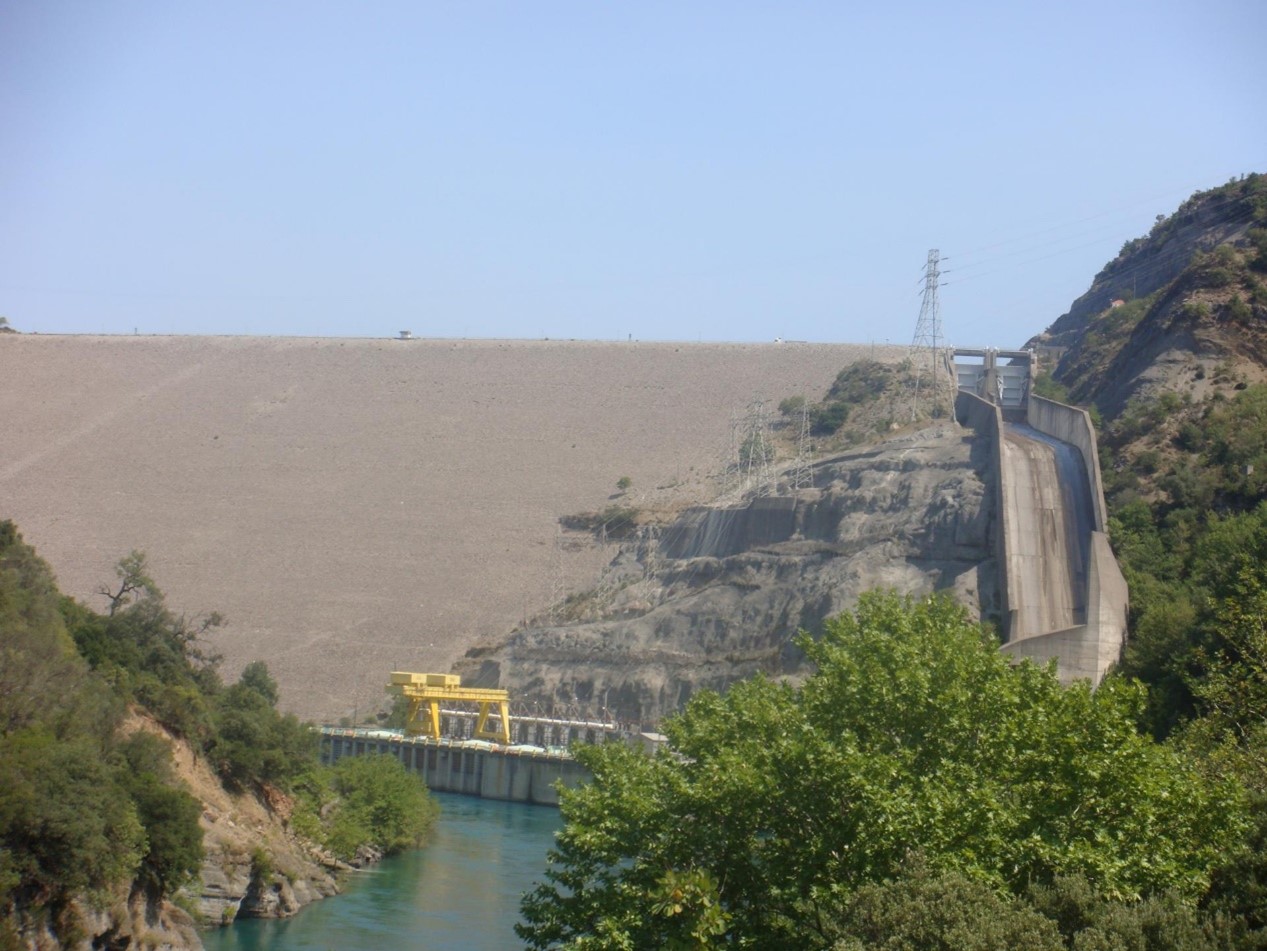18 September 2024, online
On 18 September 2024, from 1:30PM to 3:00PM CET, the latest session in the “Boosting Hydropower: Best Practices for Research” webinar series will present recent advancements in hydropower technology. Organised under the ETIP HYDROPOWER project, this session will highlight three EU research projects.
Featured Projects and Presenters:
Re-Hydro: Atle Harby from SINTEF Energy Research will discuss Re-Hydro, a project focused on refurbishing and modernising European hydropower to play a significant role in future power systems. The project prioritises sustainability and addresses societal needs within the context of climate change.
Store2Hydro: Staffan Lundström from Luleå University of Technology, Sweden, will introduce Store2Hydro, a four-year initiative funded by the European Commission’s Horizon Europe programme. This project aims to optimise electricity storage by integrating reversible pump turbine technology into existing hydropower infrastructures.
Renewat: Clement Van Straaten from ASKEUL will present the RENEWAT project, which addresses the cultural and territorial aspects of repurposing water mills for renewable energy. The project involves partners from six EU countries who will share knowledge and support renewable energy initiatives in existing water mills, with the goal of enhancing the skills of local and regional actors.
Additionally, the webinar will feature contributions from Emanuele Quaranta of the Joint Research Centre (JRC) and Anton Schleiss from the International Commission on Large Dams (ICOLD), who will represent ETIP HYDROPOWER.
This webinar provides an opportunity to learn about the latest research developments in hydropower across Europe.
Register here: https://register.gotowebinar.com/register/6496875010094835798

